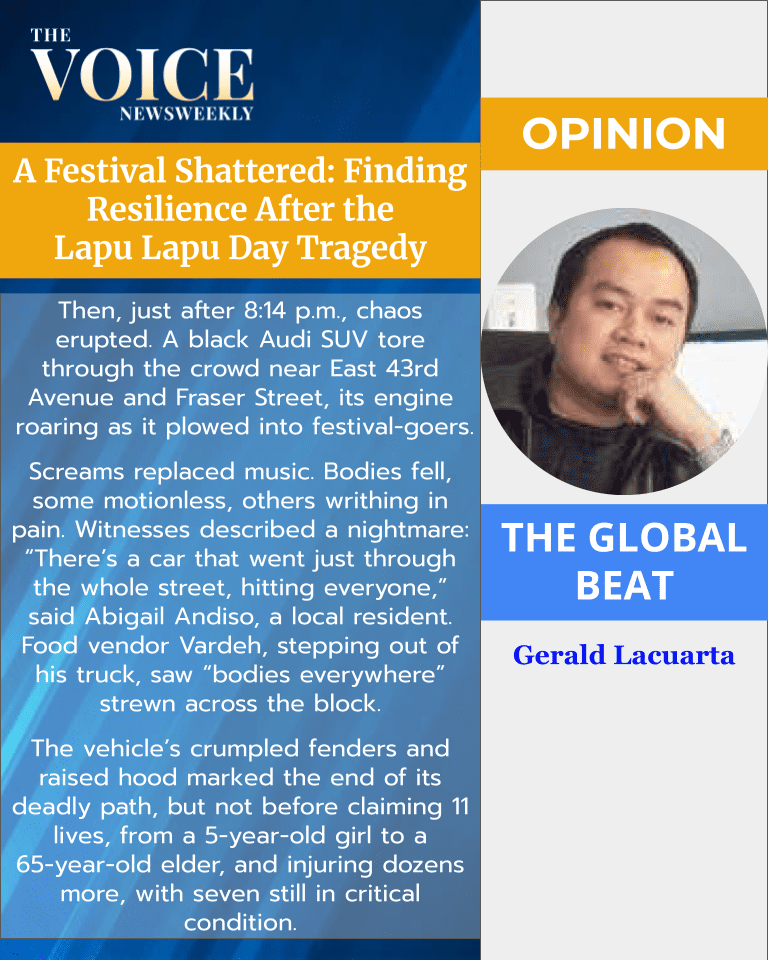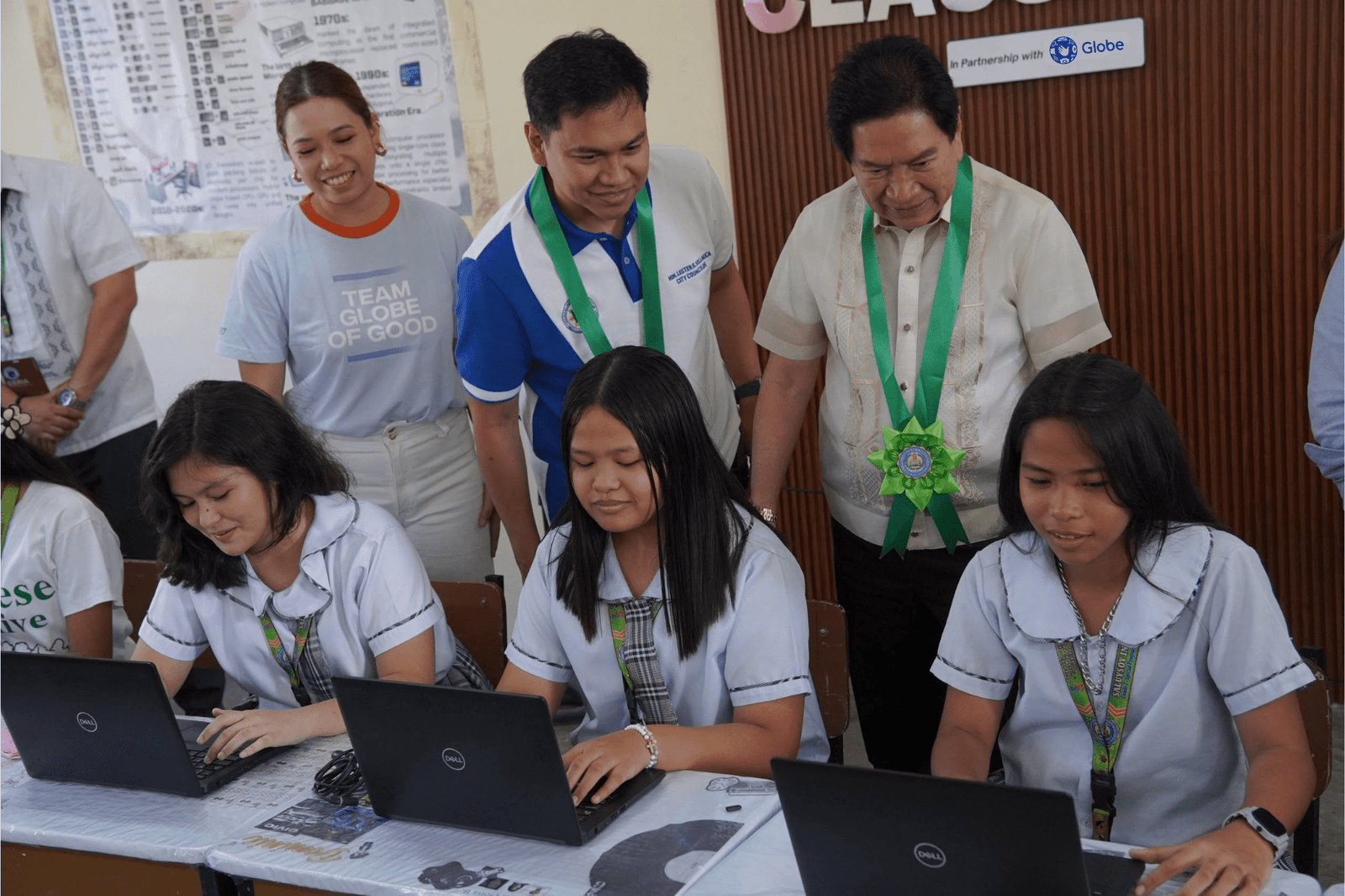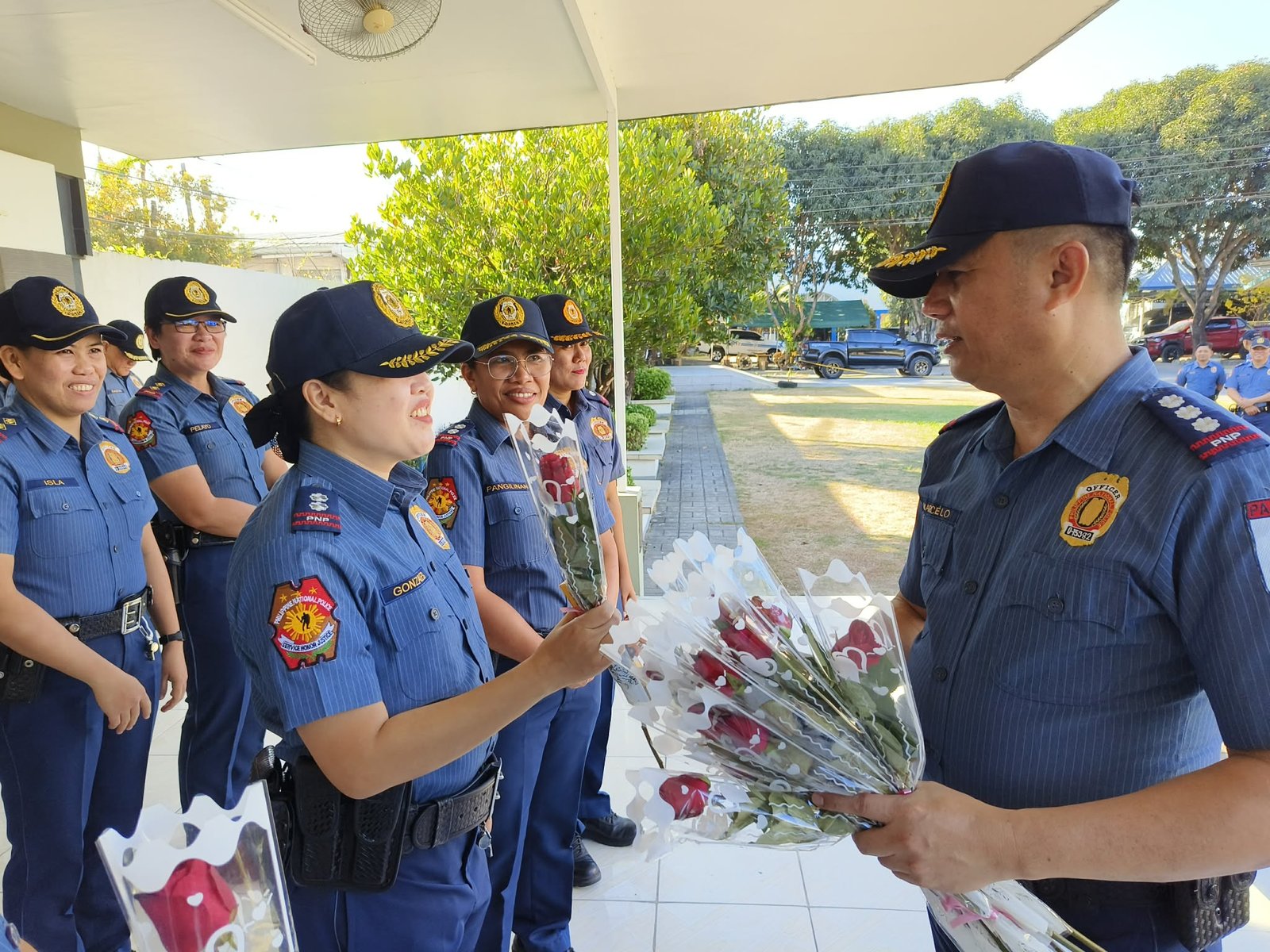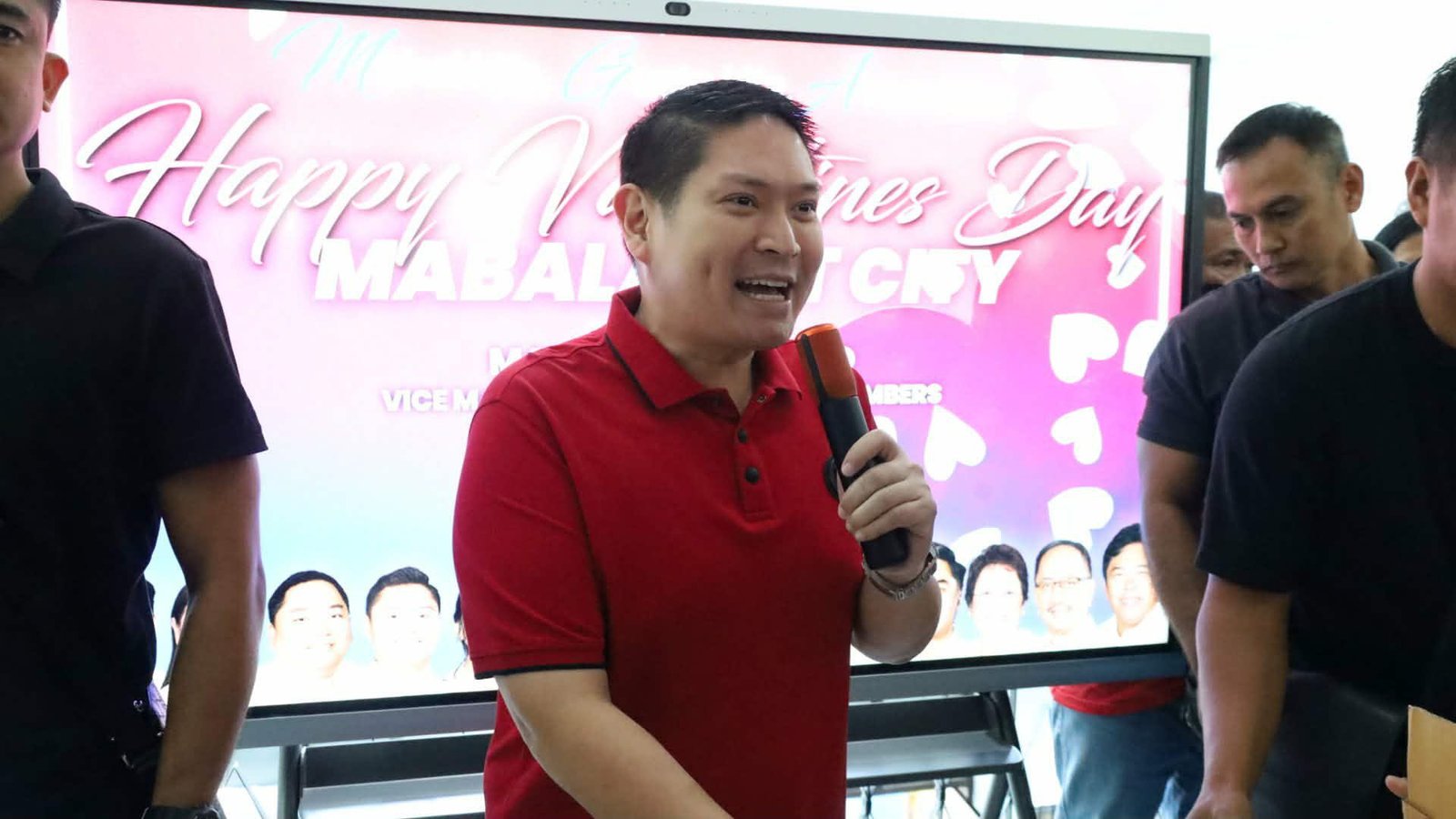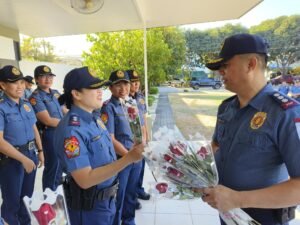𝗧𝗵𝗲 𝗚𝗹𝗼𝗯𝗮𝗹 𝗕𝗲𝗮𝘁 𝗯𝘆 𝗚𝗲𝗿𝗮𝗹𝗱 𝗟𝗮𝗰𝘂𝗮𝗿𝘁𝗮
The sun had dipped below Vancouver’s skyline on April 26, 2025, casting a warm glow over the Lapu Lapu Day Block Party in the Sunset neighborhood. The air buzzed with laughter, the sizzle of Filipino street food, and the rhythm of cultural dances. Families clapped as children twirled in traditional attire, and the crowd swelled to nearly 100,000, celebrating the legacy of Datu Lapu-Lapu, the Mactan chieftain who defied Spanish colonizers in 1521. It was a moment of pride for the Filipino-Canadian community, a vibrant tapestry of heritage and unity.
Then, just after 8:14 p.m., chaos erupted. A black Audi SUV tore through the crowd near East 43rd Avenue and Fraser Street, its engine roaring as it plowed into festival-goers. Screams replaced music. Bodies fell, some motionless, others writhing in pain. Witnesses described a nightmare: “There’s a car that went just through the whole street, hitting everyone,” said Abigail Andiso, a local resident. Food vendor Vardeh, stepping out of his truck, saw “bodies everywhere” strewn across the block. The vehicle’s crumpled fenders and raised hood marked the end of its deadly path, but not before claiming 11 lives, from a 5-year-old girl to a 65-year-old elder, and injuring dozens more, with seven still in critical condition.
The suspect, 30-year-old Kai-Ji Adam Lo, a Vancouver resident with a history of mental health struggles, was apprehended after bystanders held him until police arrived.
Charged with eight counts of second-degree murder, with more charges likely, Lo’s actions were not deemed terrorism but a “senseless tragedy,” as Vancouver’s interim police chief Steve Rai called it, marking the “darkest day” in the city’s history. Yet, for the Filipino community, it felt personal. “It doesn’t feel like we weren’t targeted,” said Ahmet Gurses, of Filipino and Turkish descent, standing by a police cordon where mourners laid flowers.
The survivors’ stories cut deep. Alejandro Samper, a Vancouver resident, lost his mother, Glitza Maria Caicedo, father, Daniel Samper, and sister, Glitza Daniela Samper, in an instant. On Facebook, he wrote, “los amo y extraño eternamente” (I love and miss you eternally), his words echoing the grief of a family torn apart. A GoFundMe by his cousin revealed their immigration from Colombia in the early 2000s for a better life, now shattered, leaving Alejandro alone.
Then there’s Andy Le, whose brother Richard Le, sister-in-law Linh, and niece Katie, a joyful kindergartener, perished. Andy, now living with his grandparents, is “taking it day-by-day,” his uncle said, grappling with a loss too vast for a young boy to fully comprehend. Kira Salim, a beloved teacher-counsellor at New Westminster schools, was also among the fallen. Her employer mourned her “wisdom and care,” noting her profound impact on students.
Mable Elmore, a British Columbia MLA who attended the festival, spoke through tears: “Everybody was happy, getting ready to go. And that’s when the incident happened.” She called the community “collectively shattered” but vowed resilience. Van Pham, a real estate adviser who left with his Filipino wife and son 30 minutes before the attack, felt the shockwaves later. Driving home, he noticed police cars and ambulances speeding past, only to learn of the horror. “I hear about these events elsewhere, but never in Vancouver,” he said, heartbroken.
Here in Central Luzon, where Lapu-Lapu’s legacy resonates deeply, this tragedy hits close to home. Our own festivals, vibrant with lechon and street dances, mirror the joy Vancouver’s Filipino community cherished that day. The lesson is stark: evil can strike anywhere, even in moments of unity. Lapu-Lapu stood for resistance, and today, we must resist fear. The attacker’s mental health struggles, as noted by police, remind us that unchecked personal crises can ripple into public devastation. Societies must invest in mental health systems to prevent such outbursts, but that’s a long-term fight.
For now, how do we cope with the dread of another attack at our public gatherings? The fear is real—every jeepney ride or town fiesta could feel like a gamble. But surrender isn’t the answer. We can draw strength from community, as Vancouver’s Filipinos are doing through vigils and shared grief.
Psychologically, experts suggest grounding techniques: focus on the present, breathe deeply, and name five things you see to anchor yourself when anxiety spikes. Talking to trusted friends or counselors helps process trauma. Spiritually, many here turn to faith—novena prayers or quiet moments at the barangay chapel can offer solace.
Practically, stay vigilant but not paralyzed. Know the exits at festivals, stay aware of your surroundings, and trust your instincts if something feels off. Vancouver’s police didn’t anticipate this, despite a risk assessment, showing that no place is immune. Yet, we honor the fallen by living boldly, as Lapu-Lapu did. Mable Elmore said it best: “We will come together out of this catastrophe through support and love.” Let’s hold our fiestas, dance our tinikling, and rebuild our courage, refusing to let one man’s darkness dim our collective light.

